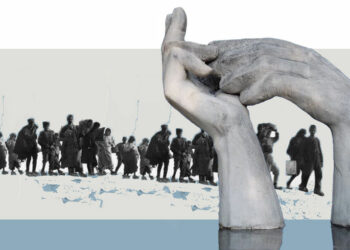Christianity in Karabakh: Azerbaijani Efforts At Rewriting History Are Not New
In the context of the Armenian-Azerbaijani conflict, the “Albanian connection” has become a politicized issue of irredentism, hijacking the rich Christian heritage of Karabakh. The roots of this historiography go back to the Soviet policy of “nativization".




